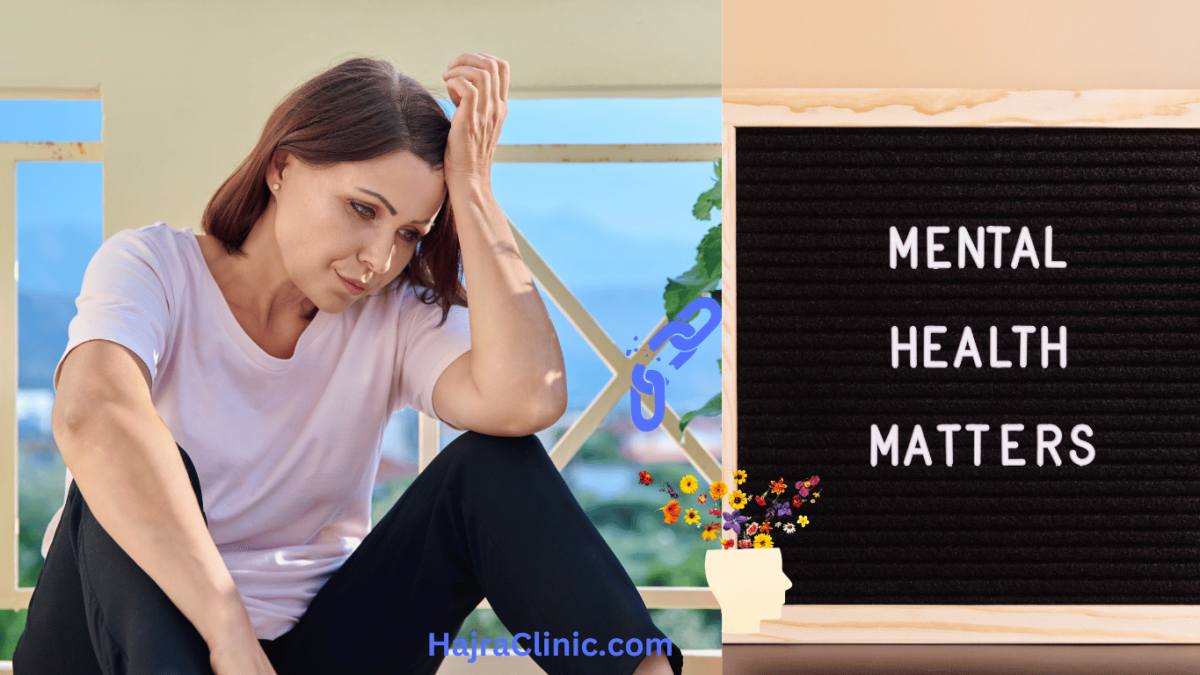Stress is a normal part of life, but chronic stress can have serious consequences on both mental and physical health. Understanding the connection between stress and physical health is crucial for developing strategies to manage stress effectively.
How Stress Affects the Body
When you’re stressed, your body releases hormones like cortisol and adrenaline, which prepare you for a “fight or flight” response. While this response is useful in short-term situations, chronic stress can lead to a range of physical health problems, including heart disease, hypertension, and digestive issues.
Common Stress-Related Illnesses
Chronic stress is linked to several health conditions. These include heart disease, high blood pressure, diabetes, and gastrointestinal problems. Stress can also weaken the immune system, making you more susceptible to infections and illnesses.
Effective Stress Management Techniques
Managing stress is essential for maintaining both mental and physical health. Techniques such as mindfulness, meditation, regular exercise, and a healthy diet can help reduce stress levels. It’s also important to find healthy ways to cope with stress, such as talking to a therapist or practicing relaxation techniques.
The Role of Holistic Health
Holistic health approaches consider the connection between mind, body, and spirit. By addressing all aspects of health, including mental, emotional, and physical well-being, holistic health practices can help manage stress more effectively and improve overall health.
Conclusion
Stress is an inevitable part of life, but chronic stress can have serious implications for your health. By understanding the connection between stress and physical health, and by adopting effective stress management techniques, you can protect your well-being and lead a healthier life.



Leave A Comment